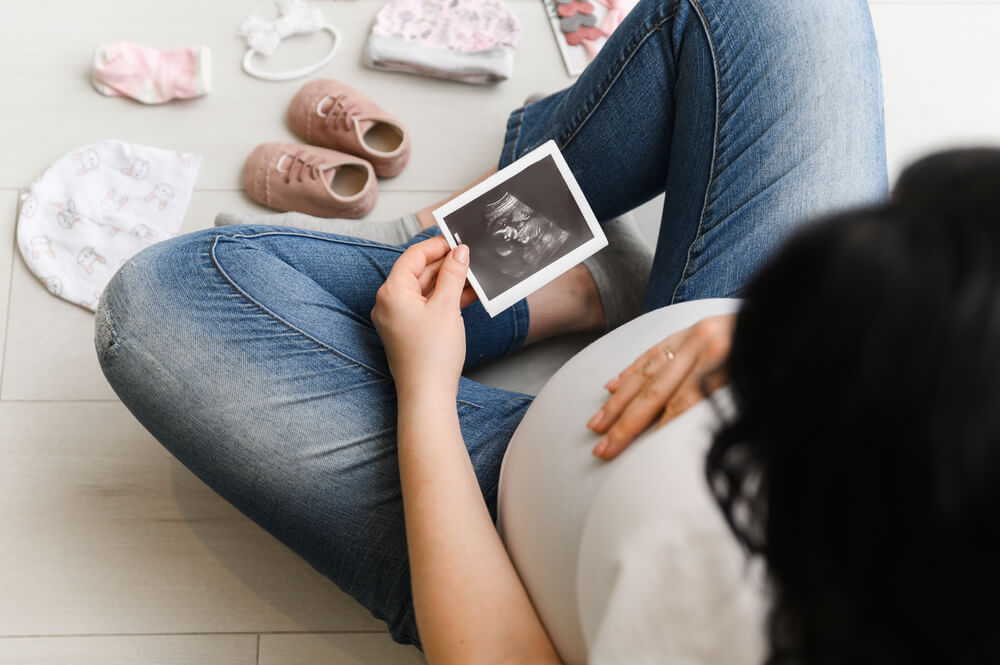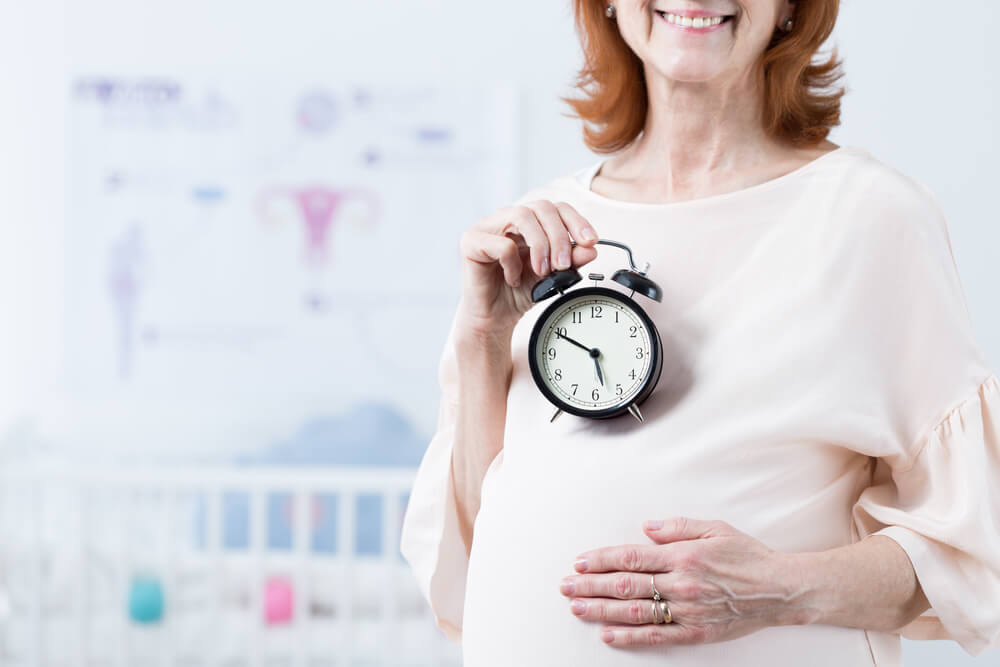Fertility and pregnancy are complex and sensitive subjects that can be affected by numerous factors. And age is one of the most significant factors impacting fertility and pregnancy outcomes. As women age, their fertility declines, and the chances of conceiving and having a healthy pregnancy decrease.
In this article, your trusted gynecologist in Tamarac, Florida, will discuss fertility by age, how long it takes to get pregnant depending on age, the best age to get pregnant, the role of IVF, pregnancy complications, the need for extra care when pregnant over 40, what to do to have a healthy late pregnancy, as well as touch upon men’s age and fertility.
Why Does Age Affect Female Fertility?
Women are born with a finite number of eggs; as they age, the number and quality of eggs decrease. In addition, the hormonal environment within the ovaries changes, making it harder for the remaining eggs to mature and ovulate. This decline in fertility is gradual and starts around the age of 32 but accelerates significantly after age 35.
The decline in fertility with age is due to several factors, including increased rates of chromosomal abnormalities in eggs, decreased ovarian reserve, and higher rates of medical conditions such as endometriosis and fibroids. Additionally, the aging process can also impact the uterus, making it less receptive to implantation.
How Long Does It Take to Get Pregnant, Depending on Age?

Fertility by age is a critical factor when it comes to getting pregnant, and it is important to be aware of how long it may take to conceive at different ages.
Generally, the best age to get pregnant for women is in their 20s and early 30s, with a 20% to 25% chance of conception per menstrual cycle. However, after age 35, the chance of getting pregnant each month starts to decline, with chances of getting pregnant at 40 or over being much lower. Women in their late 30s may take longer to conceive, and by the age of 40, the chances of conception have declined to around 5% per menstrual cycle.
How Can a Woman’s Age Affect Her Pregnancy?
Women’s fertility by age can also impact pregnancy outcomes. As women age, the risk of pregnancy complications increases. Pregnancy after the age of 35 is considered high-risk, and women may experience more complications during it. Older women have a higher risk of gestational diabetes, high blood pressure, pre-eclampsia, and preterm labor. The risk of miscarriage and stillbirth also grows with age. In addition, there is a higher risk of chromosomal abnormalities, such as Down syndrome, with increasing maternal age.
Women’s Age and IVF
Women who are unable to conceive naturally may consider in vitro fertilization (IVF) as an option. However, women’s age can also impact the success rates of IVF. Women under the age of 35 have the highest success rates with IVF, with around a 40% to 50% chance of success per cycle. However, as women age, the success rates decline, with chances to get pregnant at 40 around 5% to 15% per cycle, even with IVF.
Women’s Age and Pregnancy Complications
As mentioned earlier, pregnancy complications are more common in older women. The risk of gestational diabetes, high blood pressure, pre-eclampsia, and preterm labor increases with age. Additionally, there is a higher risk of placenta previa, placental abruption, and postpartum hemorrhage in older women. Older women are also at a higher risk of needing a cesarean section.
Is it Necessary to Get Extra Care When Pregnant Over 40?
Given the increased risk of pregnancy complications in older women, it is essential to get extra care when pregnant over 40. Women over 40 are typically considered high-risk pregnancies and may need more frequent prenatal appointments, additional testing, and monitoring. Women over 40 may also be advised to have their babies in a hospital with a neonatal intensive care unit (NICU) in case of complications during or after delivery.
What to Do to Have a Healthy Late Pregnancy?
There are several things that women can do to have a healthy late pregnancy.
First, it is important to get early prenatal care and regular check-ups. Women should also eat a healthy diet, exercise regularly, and avoid smoking, alcohol, and drugs. Moreover, women should talk to their healthcare providers about any medical conditions they may have and how to manage them during pregnancy. Finally, women over 40 should be aware of the increased risk of pregnancy complications and be prepared to seek medical help promptly if needed.
What Age Does a Woman Stop Being Fertile?

There is no specific age at which a woman stops being fertile, as it varies for each individual. However, as a general rule, women’s fertility starts to decline gradually in their mid to late 20s and then more rapidly in their late 30s and early 40s. The decline in fertility is mainly due to the drop in the number and quality of eggs in the ovaries. This is a natural part of the aging process, and it can lead to difficulty in conceiving and an increased risk of pregnancy complications.
By the age of 45, most women have reached menopause, and their fertility has ceased. In that respect, it can be said that the age when a woman stops being fertile is when she enters menopause.
Men’s Age and Fertility
While women’s age has a significant impact on fertility and pregnancy outcomes, men’s age can also affect fertility. As men age, their sperm quality and quantity can decline. This decline in sperm quality can up the time it takes to conceive and may also increase the risk of genetic abnormalities in children. Studies have also shown that children born to older fathers may be at a higher risk of certain medical conditions, such as autism and schizophrenia.
Contact Us at Gynecology & Women’s Wellness
Age is a critical factor that affects fertility and pregnancy. As women age, their fertility declines, and the chances of conceiving and having a healthy pregnancy decrease. Women over 40 are considered high-risk pregnancies and may need extra care and monitoring during pregnancy. While men’s age can also impact fertility and pregnancy outcomes, the effects are less significant than those of women.
It is essential for both men and women to be aware of the impact of age on fertility and pregnancy and to seek medical advice if they are experiencing difficulties in conceiving or have concerns about their pregnancy. By taking care of their health and seeking medical help when needed, both men and women can increase their chances of having a healthy pregnancy and a healthy baby.
At Gynecology & Women’s Wellness, Dr. Andrew Krinsky uses cutting-edge academic medicine in tandem with a holistic approach to health that includes yoga, meditation, exercise, and relaxation methods; his high-end, personal, and intimate practice encourages complete wellness for women. Most services are performed right there, on the spot, with instant results for the patient’s benefit.


